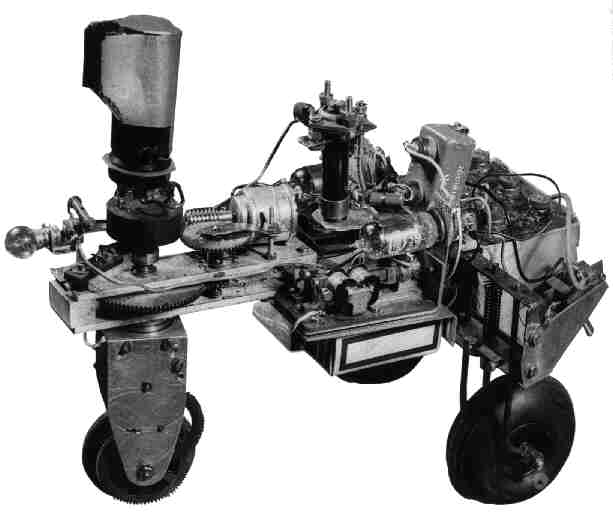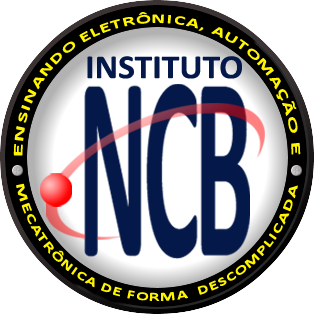To work with the development of an electronic circuit that imitated a living neuron, I had to study anatomy, accompanying the medical students of the university, even in practical classes.
I learned a lot about the human nervous system, and especially about the neurons, which facilitated the elaboration of circuits that presented similar characteristics.
At that time, there were no integrated circuits which could help much and the microcontrollers were still to come. We did everything transistorized, but it was worth as what we discovered to be now the future.
In fact, neurons do not operate simply with pulses (digital signals) but recognize the frequency and intensity of the pulses manifesting analog behavior.
More than that, they are adaptable structures which change their behavior, or how they react to the impulses according to experience, that is, they learn.
Excessive stimuli cause them to recognize strong signals and ignore the weak. Excessive weak impulses cause them to be inhibited with strong signals.
What we were looking for at the time is to assemble several neurons and connect them in neural networks and see how they would react to complex stimuli coming from sensors, for example.
We were very inspired by Gray Walter's Turtle experiment, a robot turtle which learned to get out of a maze. Perhaps the first intelligent robot using artificial intelligence capabilities with valves (see the photo - 1963).

The fact is that deeper studies of our brain and the development of increasingly intense artificial intelligence resources are leading us to rethink digital and analog computing.
Analog computing, relegated to a second plan for reasons that we have already analyzed in articles of this site and that is not very useful, and digital computing would be the ideal solution for any application.
Actually, if we think that neurons are both digital and analogue processing units, we see that the two computations must occupy a prominent place in the research and development involving artificial intelligence.
Why is our brain so powerful?
Released on the internet in March 2017, a study done by UCLA (University of California) shows that our brain is at least 100 times more powerful than it appears to be because of the number of neurons it has.
In fact, if we take into account the amount of neurons we have on average, valued at 100 billion, the researchers show that its functioning turns out to be much more powerful than a 100 GB "machine".
What the researchers have shown is that a part of the neurons in our brain are much more active than previously thought.
The study revealed that dendrites, which are the structures that interconnect neurons, are not only conducive to conduction, but also produce pulses of their own pattern 10 times larger than the one previously believed.
Interestingly, dendrites are important in computing information because they consist of 90% of neural tissue according to the researchers.
What they found is that the signals generated by the neuron itself add up to the signals generated by the dendrites which result in a more complex behavior than previously suspected.
Most important in the researchers' statement is that they found that dendrites are both analog and digital computers, functioning in a completely different way from digital computers, and thereby making analog computing grow in importance when we think of artificial intelligence.
Researchers even say that neurons, because of this behavior of the dendrites, behave in a way closer to quantum computers.
Something to think about, when in our article Quantum Physics and Paranormality (PN016E) we suggest that certain structures in our neurons could explain certain paranormal phenomena. This article is worth reading.
The fact is that, increasingly, quantum physics, neuroscience, digital computing and now analogue converge to new discoveries and applications.
Going further, taking into account that dendrites are up to 100 times more massive than the sum of the neurons themselves, this would explain the enormous computational potential of our brain that is far beyond what was previously predicted.
The Importance of Analog Computing
From what we've seen, it's not just digital computing that will lead us to applications in artificial intelligence and the very interaction of electronic devices directly with our brain.
Analog computing is as important today as digital computing, and this is being revealed in the media in which more and more articles appear. We ourselves are preparing an interesting series in which we even propose the construction of a digital home computer (a very old project of ours) and talk a little more about the operational amplifiers created just to perform mathematical operations on analog computers.
In the most popular media even a movie is being produced based on artificial intelligence and analog computing. Some teaching and research institutions are giving special prominence to their analog computer labs.



